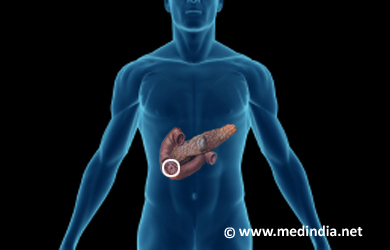- Harrison’s Principles of Internal Medicine 17th edition.
- Tomassetti P, et al. Treatment of Zollinger-Ellison Syndrome. World J Gastroenterol 2005;11(35):5423–5432.
About
Zollinger–Ellison syndrome results from increased acid secretion due to the presence of a tumor called gastrinoma.

Zollinger–Ellison syndrome is caused by a tumor called a gastrinoma. A gastrinoma secretes gastrin, a hormone that stimulates gastric acid secretion. Gastrinomas may arise from the duodenum (the first part of the small intestine), the pancreas, and occasionally from other parts like the ovary,
Gastrinomas release a hormone called gastrin. Gastrin acts on the stomach lining and stimulates it to release excess acid. It also increases the number of acid-secreting cells lining the stomach. The increased acid secretion results in inflammation and ulcers in the stomach and lower food pipe, and diarrhea.
Tests used to diagnose Zollinger–Ellison syndrome include blood tests to check for gastrin levels, gastric acid levels and secretin test to check for acid hypersecretion. Imaging studies are used to localize the tumor.
Acid-suppressive drugs are used in the treatment of Zollinger–Ellison syndrome to prevent the adverse effects of the excess acid on the stomach lining. The gastrinoma maybe surgically removed to prevent spread of the tumor.





